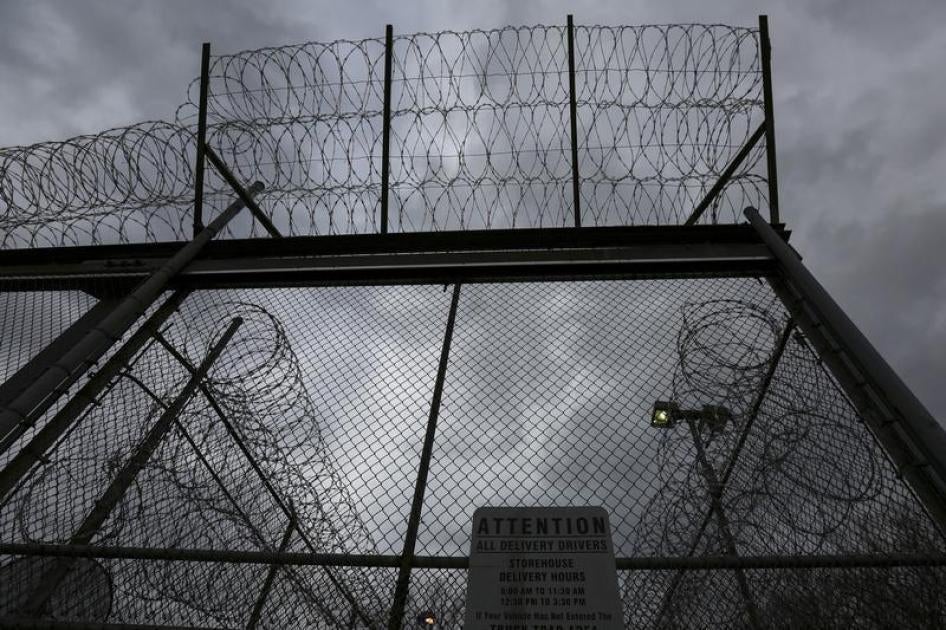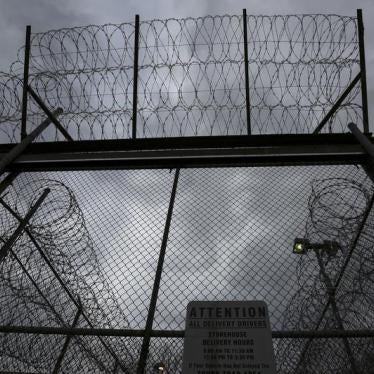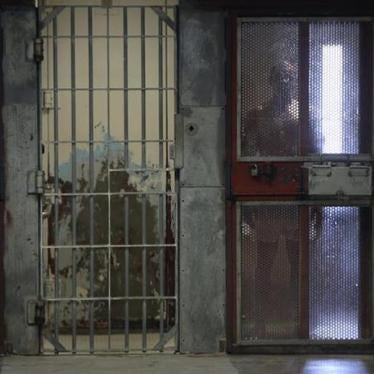|
Commentary
Don’t Roll Back Progress on Bail
This is about basic freedom; the supposed risk to public safety is greatly exaggerated
Published in:
New York Daily News
New York finally implemented landmark bail reform earlier this month. Already some elected officials are pressing to roll it back. The Legislature should resist that pressure.
Nationwide, and in New York, thousands of people are sitting in jail awaiting trial, most of them because they cannot afford bail. But keeping someone in jail before their trial should be exceptional, not the general rule — subject to substantial due process guarantees. People held in pre-trial custody face huge hardships not faced by people accused of the same crimes who can afford bail. Those in jail lose their jobs and their homes and their children are taken from them, and that makes them far more willing to accept plea deals just to obtain their freedom.
The new law requires judges to release people charged with most misdemeanors and non-violent felonies while their cases are pending but permits judges to detain those arrested for violent crimes. The rationalization behind the calls for a rollback is a relatively small number of people who were released though they had prior records for similar crimes or who were re-arrested after being released. None of the charges alleged in these cases involved serious physical injury, though detention in such cases remains an option.
Letting people remain free doesn’t mean they won’t face charges. It just means that while they do, the lives of these presumptively innocent people will not be debilitatingly disrupted. Though some may be rearrested during this period, the vast majority will not, so penalizing them for the actions of a few is a form of collective punishment. And if someone is accused in a new case during this time, a judge can set bail or use other forms of pre-trial detention.
Only about 6% of the cases arraigned in New York State courts are for violent felonies: 84% are misdemeanors and 10% are non-violent felonies. More than half the cases involve drug- and property-related offenses.
Some people calling for rollbacks want to require the use of algorithmic risk assessment tools to determine who should get bail. That would be a grave mistake. There is no research showing that these tools are effective at improving outcomes and lowering pre-trial detention rates, and in fact in some states, their use has led to an increase in rates and built-in racial disparities.
Some point to New Jersey as an example of where these tools are being used in reducing pre-trial detention, but their use coincided with other substantial reforms, such as robust detention hearings, expanded use of citations instead of arrests, and better access to counsel and evidence. So it is not clear whether the algorithms played any role.
As a group of research scientists at M.I.T. recently warned, risk assessment tools “suffer from serious technical flaws that undermine their accuracy, validity” and use “unreliable” data since decades of research has shown that “for the same conduct, African-American and Latinx people are more likely to be arrested, prosecuted, convicted and sentenced to harsher punishments than their white counterparts.”
Others suggest changing the law to give judges more discretion even though for years, as my organization and others have documented, judges have badly abused this discretion in an apparent effort to move things along with plea deals instead of trials. The result has been unfair, discriminatory pre-trial detention of thousands of people, many of whom might have otherwise chosen to contest their charges but were effectively coerced to plead guilty to get out of jail.
As the law is rolled out over the coming months, there will of course be cases in which people who are released are accused of new crimes. But that was always the case. Under the new law, people harmed by the prior system will no longer be unjustly detained while their cases are pending, no longer coerced into plea bargains, and, due to improved pre-trial services, will be better able to get substance abuse and/or mental health services they need.
Studies have found that incarceration, especially for brief periods, does not necessarily increase public safety. And research indicates that incarceration can stigmatize those who are confined, spawn antisocial attitudes, or increase recidivism.
New York lawmakers worked hard to make these changes that will positively affect thousands of people and improve public safety. They should be proud of what they have done and not shrink in fear when a relatively small number of people carry out some inevitable bad acts.
Your tax deductible gift can help stop human rights violations and save lives around the world.
Region / Country
Most Viewed
-
November 25, 2019
A Dirty Investment

-
June 3, 2025
“They’re Ruining People’s Lives”

-
December 21, 2023
Meta’s Broken Promises

-
November 20, 2024
The Man Who Bought The World

-
December 11, 2018
No Support





